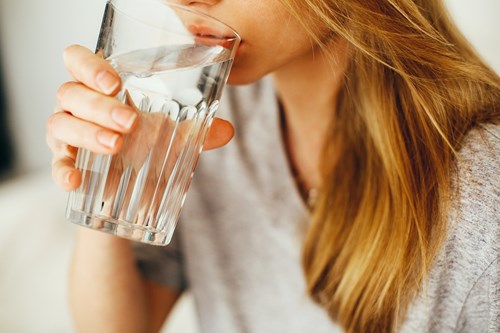The new relief program aims to expand access to affordable water and assist low-income households impacted by the COVID-19 pandemic pay their water and wastewater bills, prevent shutoffs, and support water system reconnections related to non-payment.

The Department of Health and Human Services (HHS), through the Administration for Children and Families (ACF), announced last week the launch of the Low-Income Household Water Assistance Program (LIHWAP) as part of the Consolidated Appropriations Act of 2021. The “first-of-its-kind” program will provide grants to states, territories, and tribes across the country to partner with public water systems and treatment facilities to improve access to water and wastewater services.
Funding of $1.1 billion will be available through LIHWAP grants, including $500 million in American Rescue Plan funding. The first 15 percent of funding, $166.6 million, is currently available to grantees.
"Having access to affordable, clean, and safe drinking water is essential to everybody's health and well-being. No family or child should go without access to water because of challenges paying the bills," said Xavier Becerra, secretary of the Department of Health & Human Services, in the announcement. "Access to a healthy environment – including drinking water – is a key determinant of health. With the launch of the Low-Income Household Water Assistance Program, the Biden-Harris Administration is making a historic investment in the health of millions of low-income families and individuals across the country. With these funds, we will significantly expand the help available for families and provide critical relief to people impacted by the COVID-19 public health emergency."
To learn more about the Low-Income Household Water Assistance Program, including the allotments to states and tribes, visit the LIHWAP webpage.

